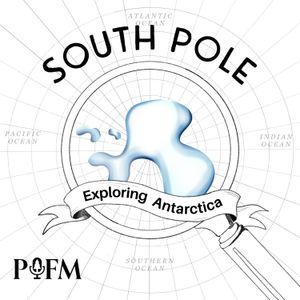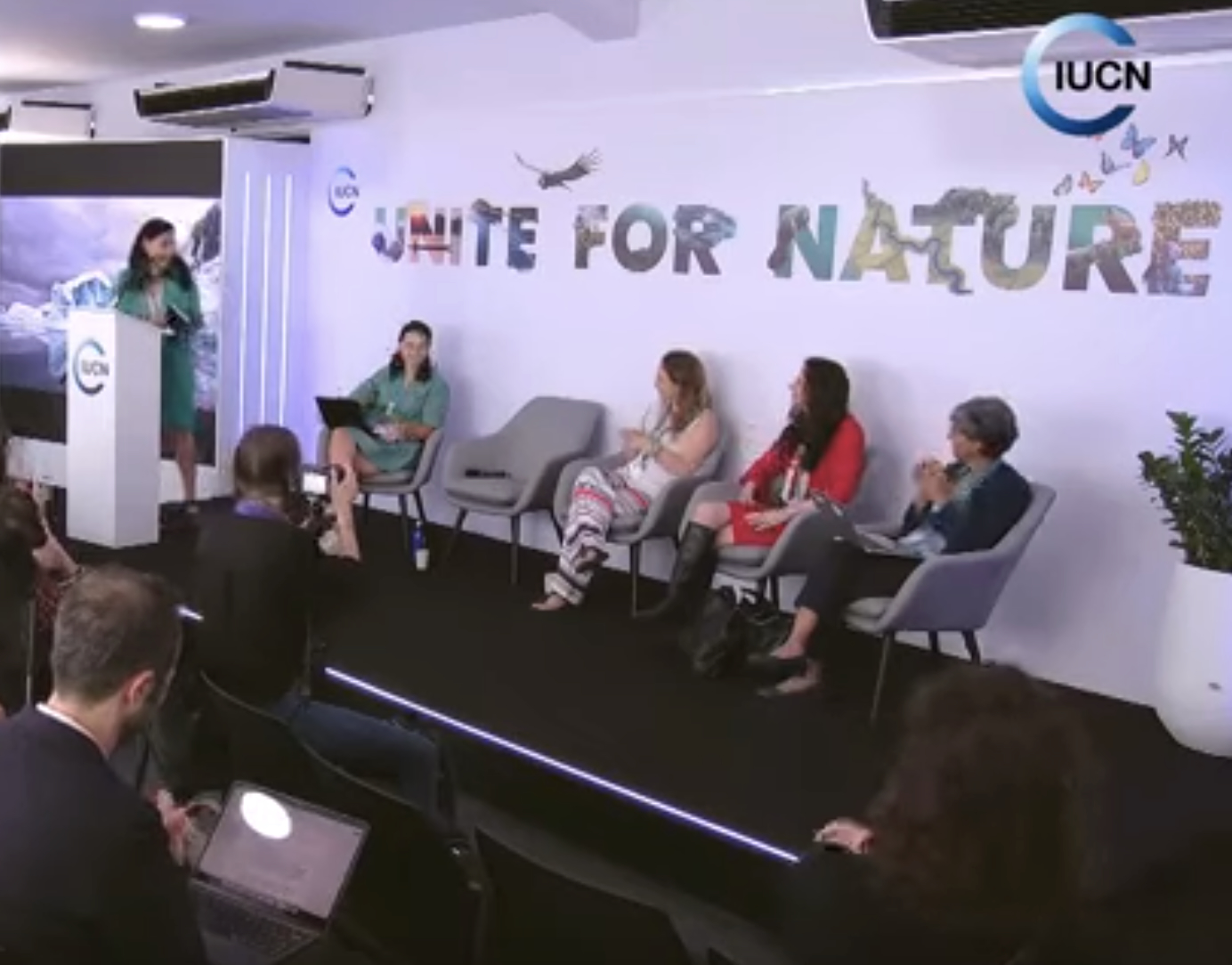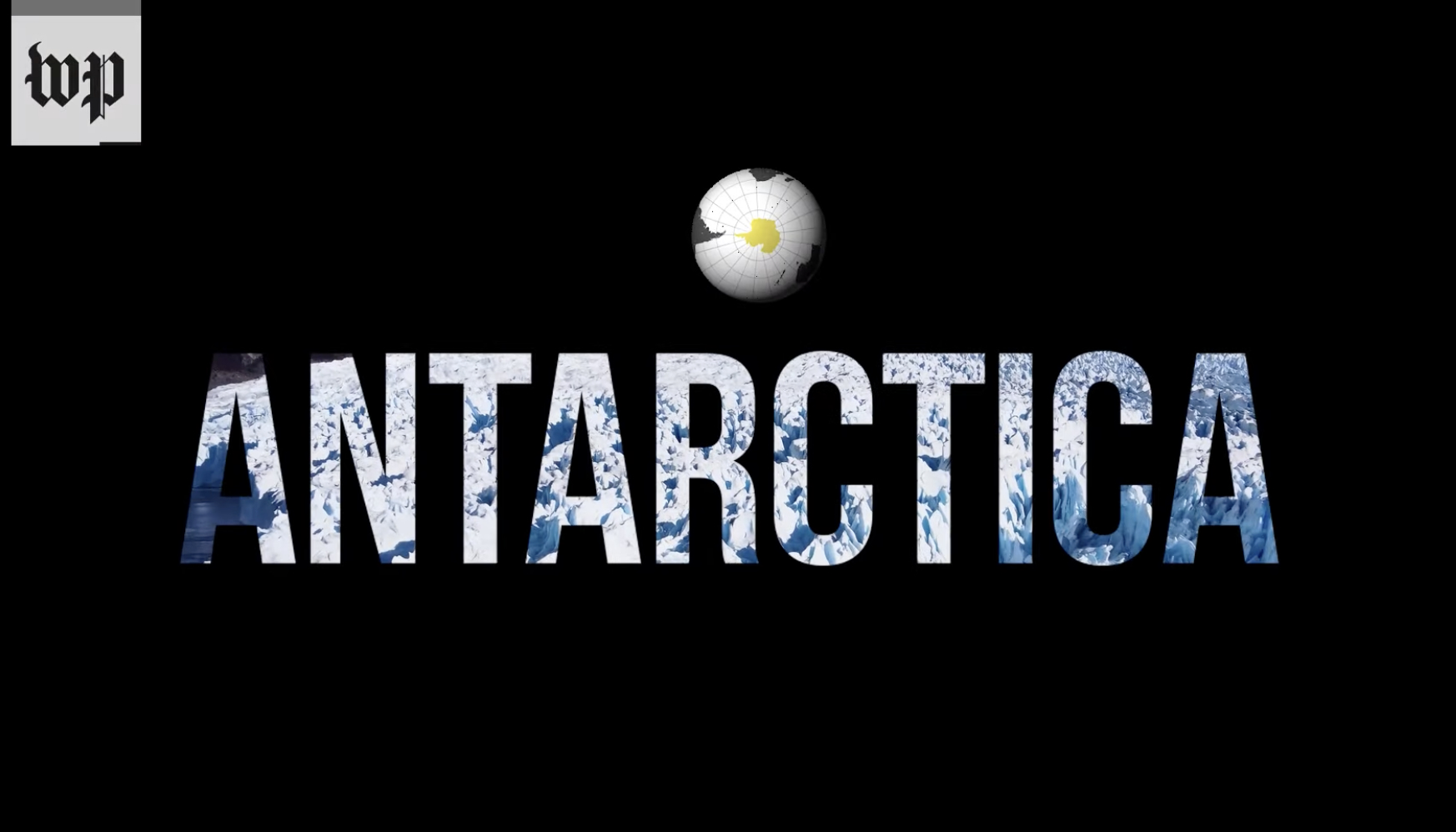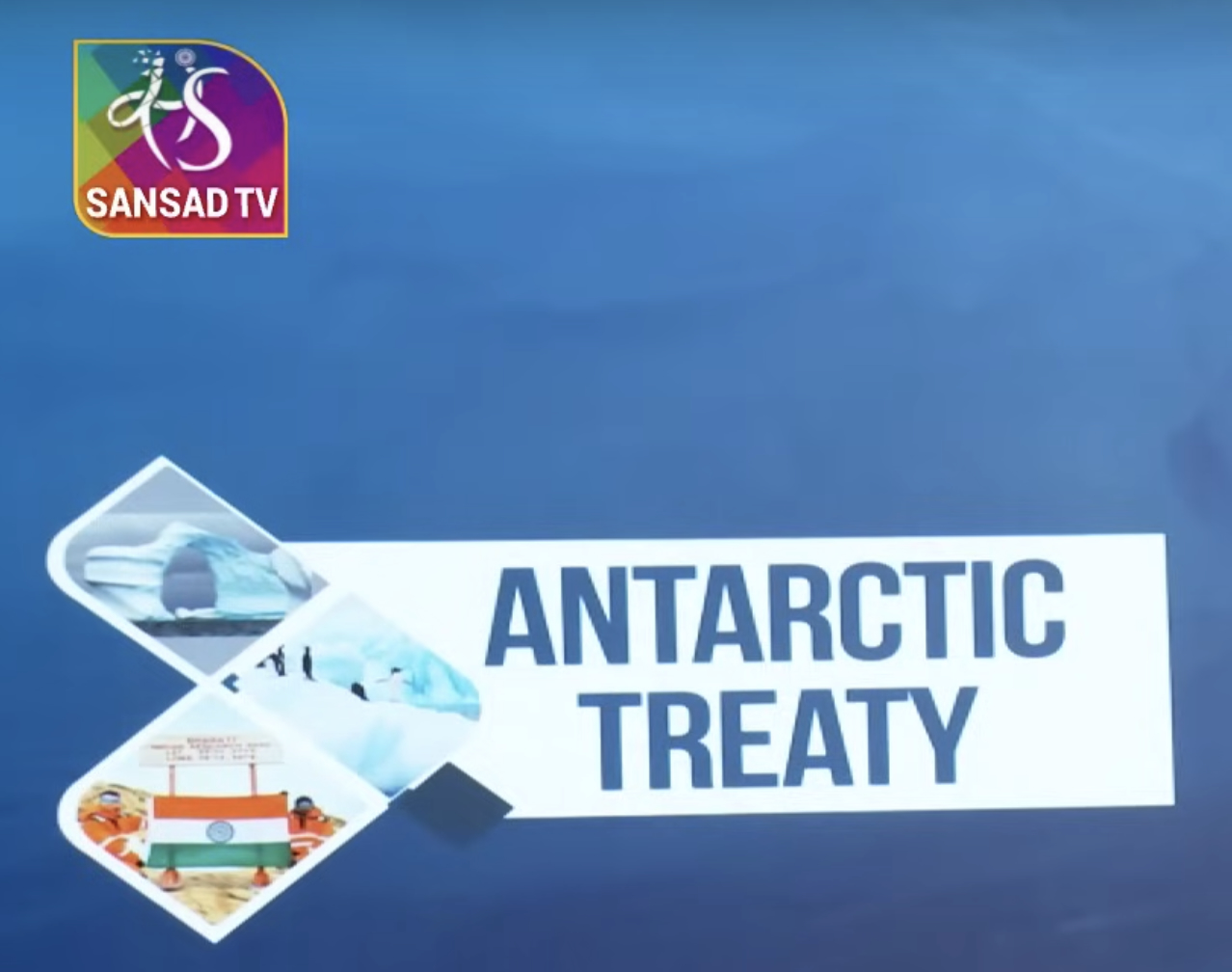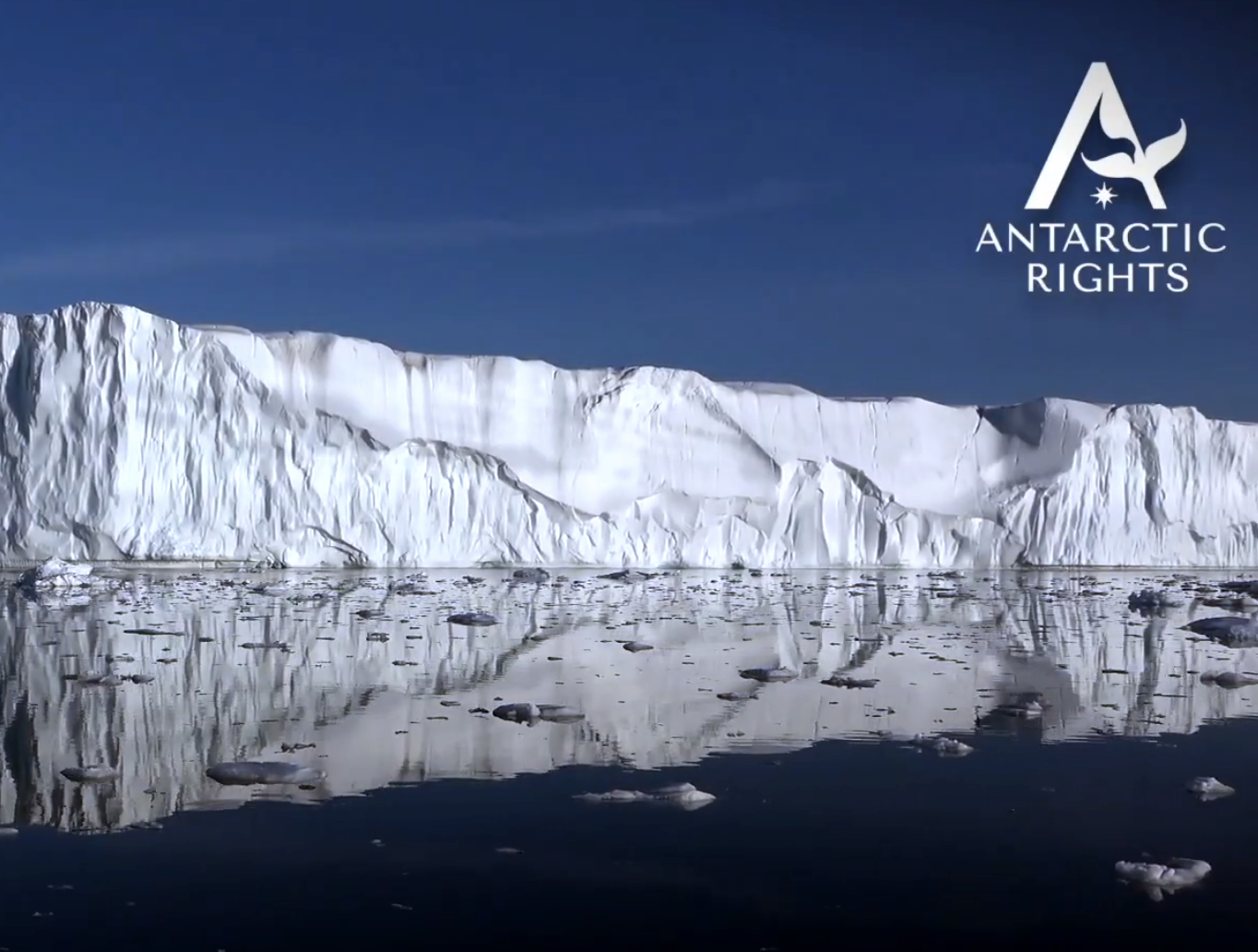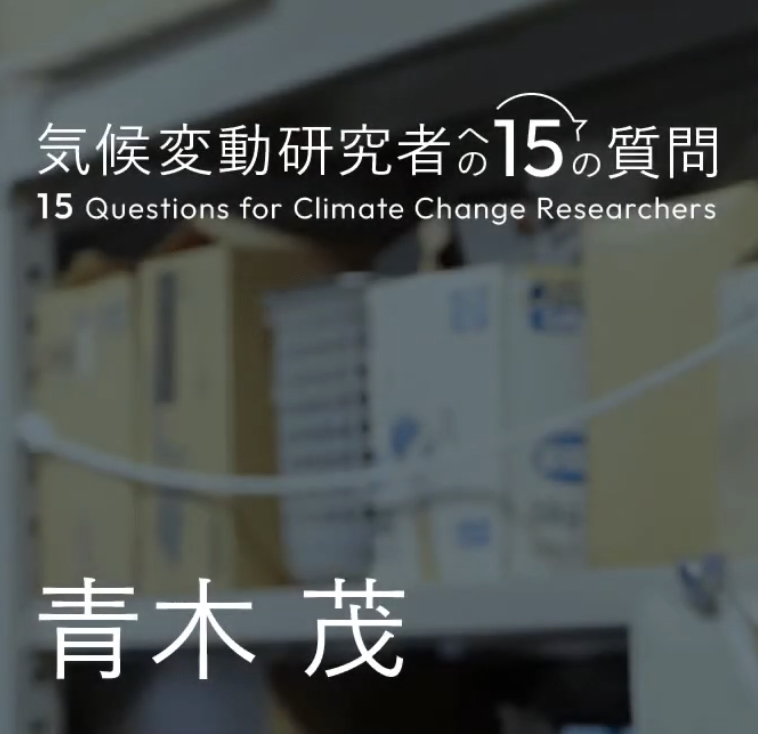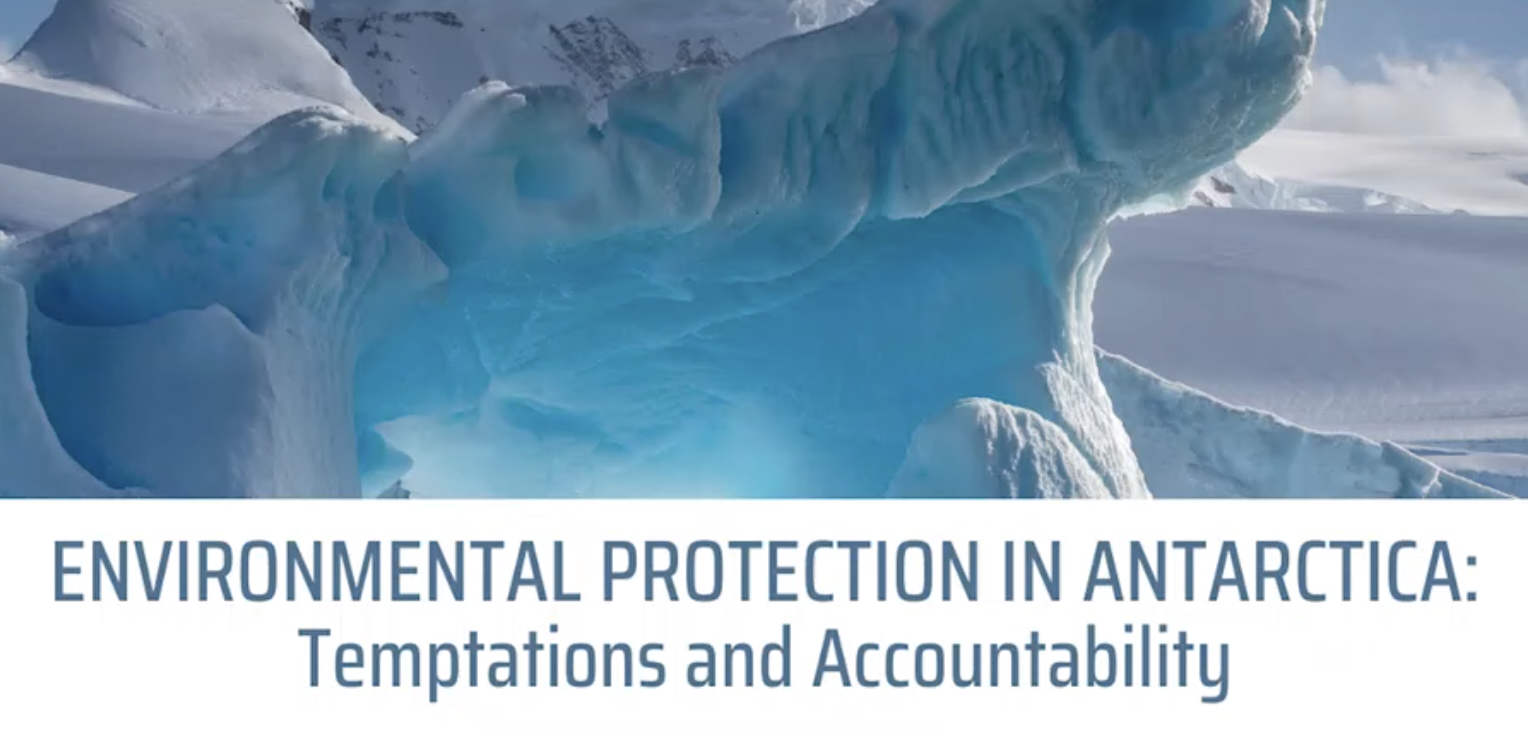Antarctica: Multimedia
Further resources, if available, can be found in our full bibliography.
What if Antarctica had legal personhood?
This podcast episode explores an ambitious initiative to grant Antarctica legal rights as a distinct entity within international law. A representative from Antarctic Rights discusses how the movement aims to secure a unique legal status for Antarctica which allows it to be represented in global policy spaces. Topics include the philosophical framework of Earth jurisprudence, the shortcomings of the current Antarctic Treaty, and how a rights-based approach could reshape global environmental law. This conversation also dives into proposed protections and explores the challenges of determining what’s truly in Antarctica’s best interest.
Exploring the Rights of Nature for Antarctica – Unite for Nature at CBD COP16
This panel discussion centers on reimagining how Antarctica is represented and protected in international environmental law by applying the “Rights of Nature” framework. The panelists, comprising environmental activists, scientists, policymakers, and legal experts, introduced the emerging movement advocating for recognizing Antarctica as a living entity with inherent rights under international law. Since Antarctica has no Indigenous human population or traditional political voice, panelists emphasize the need to create a new mode of representation that enables the continent and its ecosystems to “speak” for themselves.
This is Climate Summit: Antarctica: Tipping Points with James Balog & Bill Weir
In this conversation between photographer James Balog and CNN’s Bill Weir, they discuss the visible impacts of climate change in Antarctica. They address the realities of accelerating ice loss, rising sea levels, and ecological shifts, all of which are showcased by Balog’s imagery that brings added urgency to scientific forecasts. The discussion emphasizes both the gravity of the crisis and reasons for cautious hope, including wildlife recovery, international cooperation, emerging technologies, and the power of storytelling to inspire collective climate action.
In-Depth: The Antarctic Treaty
An in-depth look at Antarctica’s unique status as a peaceful, demilitarized continent governed by the Antarctic Treaty System (ATS). Established in 1959, the ATS promotes scientific cooperation, bans military activity, and protects fragile ecosystems. It highlights Antarctica’s vital role in climate research and warns of rising threats from warming and ice loss. India’s leadership through treaty meetings and research stations reflects growing global commitment. The video presents the ATS as a model for international collaboration and environmental stewardship.
A Global Initiative Securing Rights for Antarctica
With stunning visuals and a powerful message, this video introduces the Antarctic Rights Initiative, a global movement working to protect Antarctica and the Southern Ocean from climate change, political interests, and commercial threats. It highlights the region’s vital role in climate stability and calls for legal rights to safeguard its ecosystems. Viewers are invited to join the Antarctica Alliance, a global network defending this unique continent.
The Antarctic Ocean and rising sea levels
A researcher from the Hokkaido Unviersity Institute of Low Temperature Science (ILTS) shares his experiences and research insights on the rapidly changing Antarctic environment, particularly focusing on the ocean and ice dynamics. He highlights rapid ice loss, especially in the Totten Glacier, and the threat of sea-level rise. Aoki explains how ocean heat melts glaciers from below and warns that increasing freshwater may disrupt global ocean circulation. He emphasizes the value of long-term monitoring, team collaboration, and future innovation in observation technology.
Environmental Protection in Antarctica: Temptations and Accountability
This video presents the second installment in a three-part conference series by the Graduate Institute of Development Studies in Geneva, which offers a multi-disciplinary look at the environmental governance of Antarctica and the Southern Ocean. Experts assess the Antarctic Treaty System and its Madrid Protocol, focusing on the mining ban, climate change, tourism, shipping, and scientific presence. The discussion highlights both the strengths and limitations of current frameworks and explores future-oriented ideas like rights of nature and space governance parallels.
Rights of Nature and Antarctic Rights – Connecting for Green Action
This session explores the growing global movement for recognizing the rights of nature, using Antarctica as a case study. Indigenous leaders, legal scholars, and environmental advocates call for a shift from colonial, exploitative systems toward ecocentric governance. The proposed Antarctica Rights Declaration seeks to grant legal personhood to Antarctica, grounded in Indigenous worldviews and Earth Jurisprudence. Speakers highlight the need for inclusive, global participation to protect Antarctica’s ecosystems and redefine humanity’s legal and ethical relationship with nature.
The Rights of Antarctica Webinar: Towards a Declaration to recognize the rights of Antarctica
This webinar, moderated by Claire Christian of the Antarctic Southern Ocean Coalition, centered on the emerging initiative for a “Declaration on the Rights of Antarctica.” The discussion involved several experts who presented diverse perspectives on how to rethink humanity’s relationship with Antarctica, arguing for a paradigm shift that recognizes Antarctica as an autonomous natural entity deserving of rights, rather than just a territory for scientific exploration or national claims.
Photo Credit: Shuxuan Cao/Pexels
